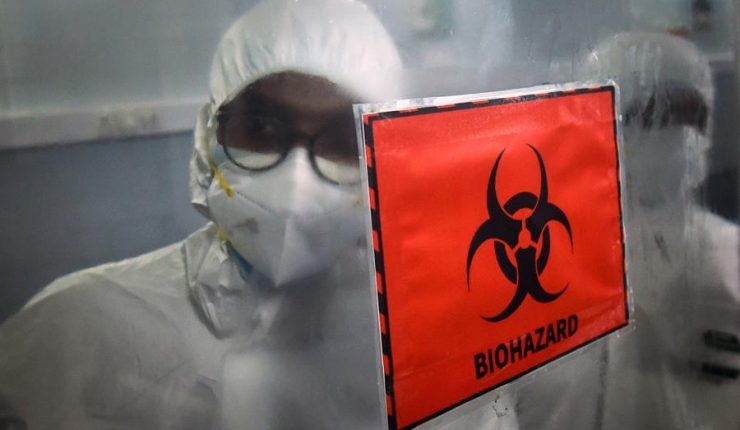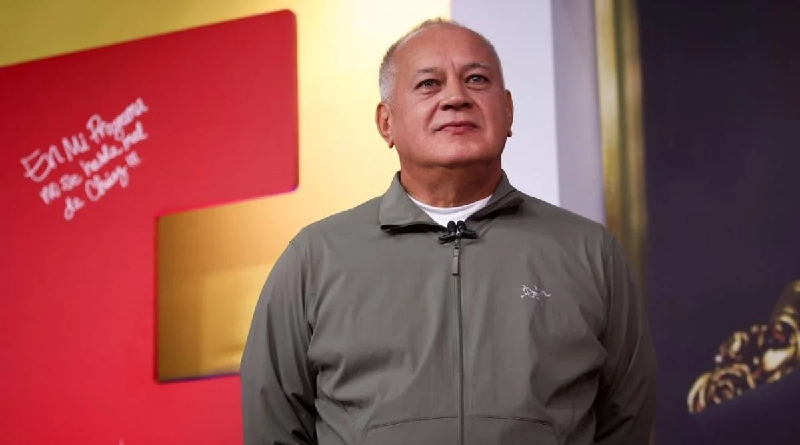Agencies;- He Department of Disease Control of Thailand confirmed this Thursday the first case of the new mpox clade Ib variant (previously known as monkeypox), a European patient who arrived in the Southeast Asian country on August 14 from Africa.
Laboratory results confirmed that the 66-year-old patient, whose possible contagion came to light on Wednesday, is infected with the new mpox variant, after having tested negative for the less contagious clade 2 variant.
The Thai Department of Disease Control said in a statement that none of the patient’s 43 close contacts have so far shown symptoms – such as fever, rashes and swollen glands – and that it will continue to monitor their condition for 21 days.
The confirmation of the case in Thailand is the first to be recorded in Asia following the global emergency declared by the World Health Organization (WHO), after the results of other patients in Pakistan or the Philippines revealed other variants of the old monkeypox.
The head of Thailand’s Department of Disease Control, Thongchai Keeratihattayakorn, urged today to strengthen measures to control contagion – possible among others through close contact with patients – and assured that the results will be sent to the WHO, as dictated by the protocol, according to the statement.
He also ordered that entry points into the country, especially at Bangkok’s Suvarnabhumi Airport, strengthen screening of passengers arriving from countries where cases have been reported.
On August 14, the WHO declared a public health emergency of international concern due to the increase in mpox infections (clade 1 and clade 1b) in Africa, where the virus is circulating intensively.
A dozen African countries have accumulated around 19,000 cases of mpox and more than 540 deaths so far this year, with the current focus in the Democratic Republic of the Congo (DRC), the African public health agency reported this week.
Sweden confirmed the first case of clade 1b outside Africa on 15 August.
The clade 1 and the more recent clade 1b variants are different from the so-called clade 2, which caused a violent outbreak in Africa in 2022 and hundreds of cases in Europe, North America and countries in other regions.
What is worrying about the current outbreak is that clade 1b is seen to be more easily transmitted between people and tends to cause more severe symptoms, although the WHO has issued a message of reassurance, assuring that the mpox outbreak “is not Covid.”

















